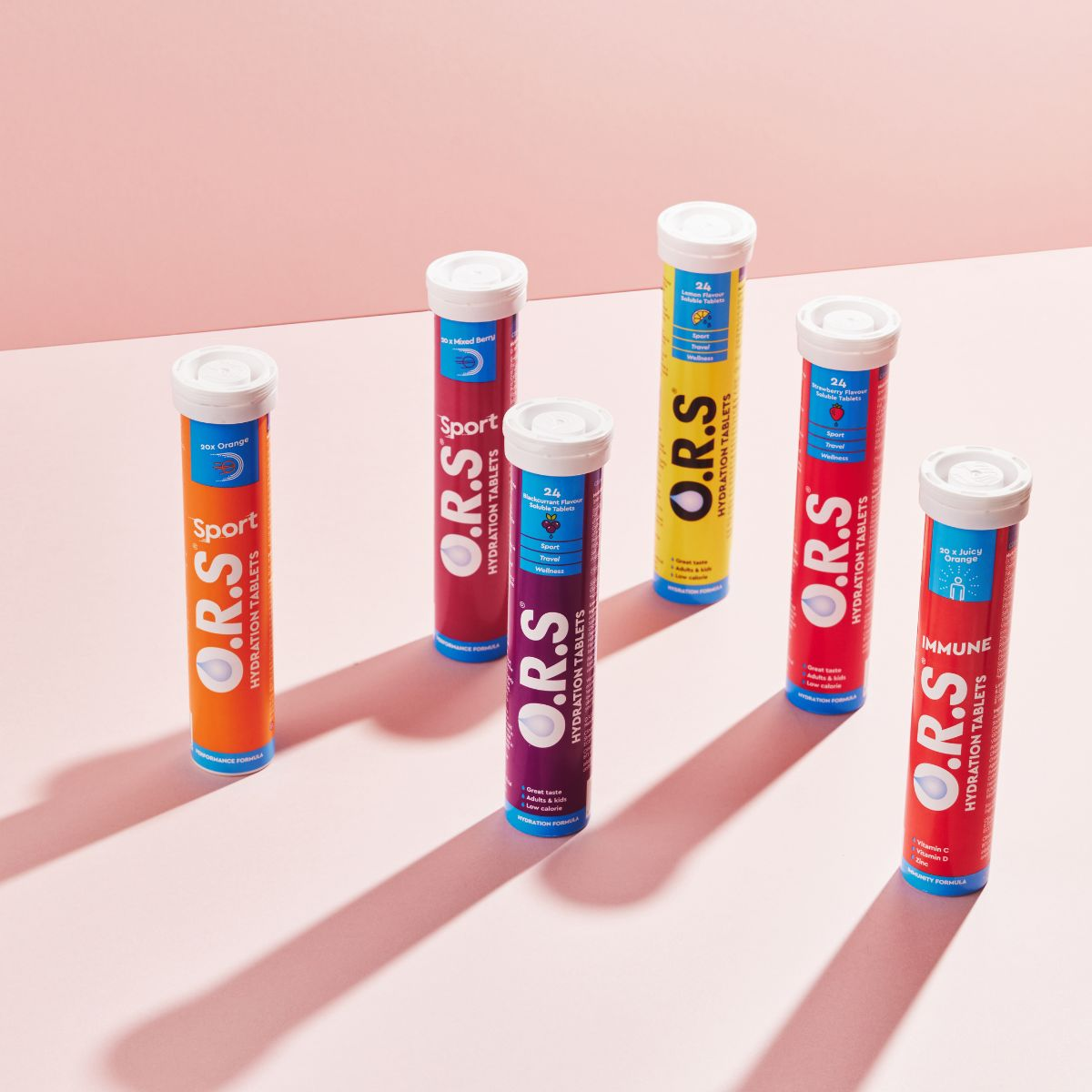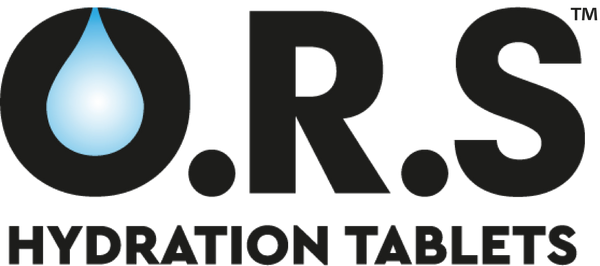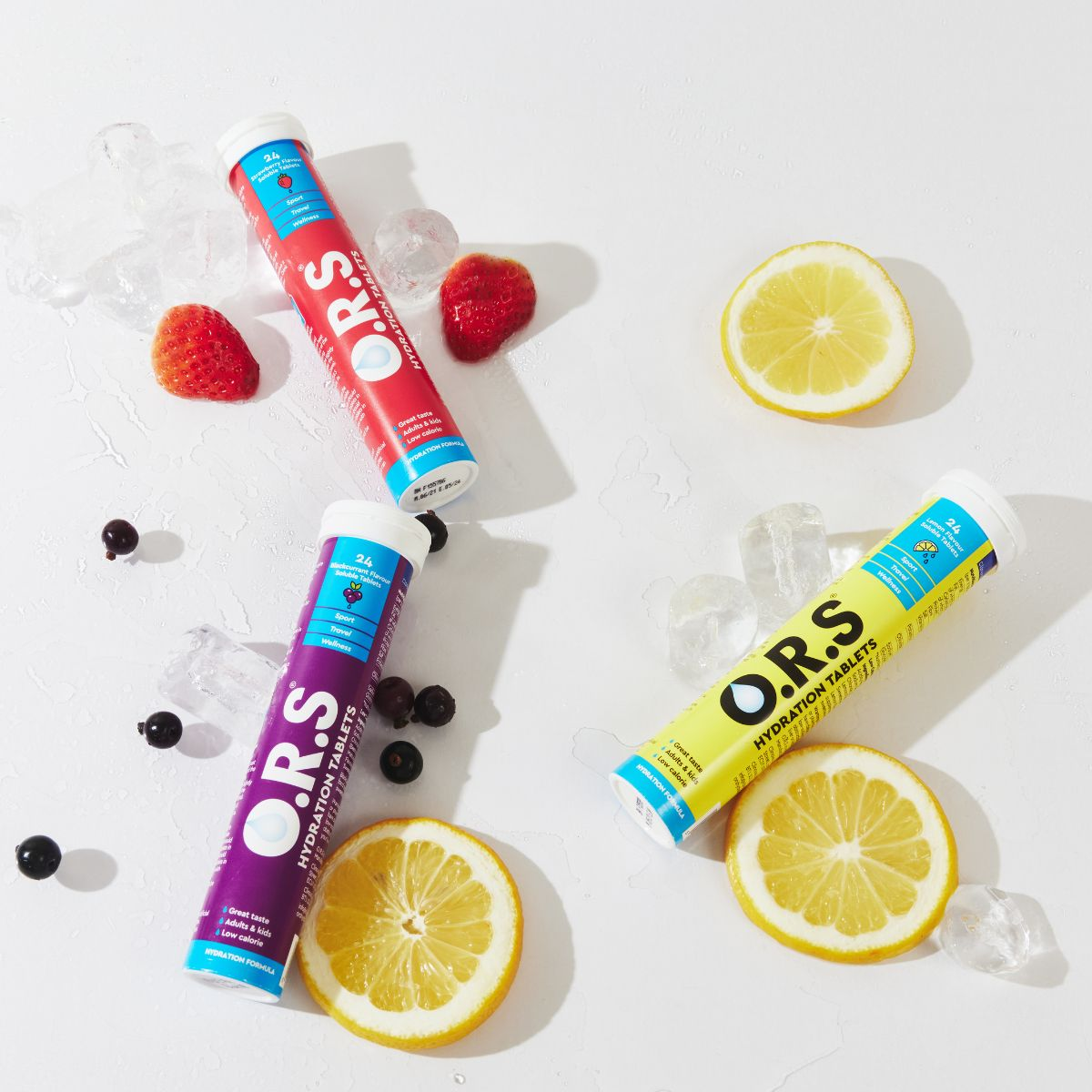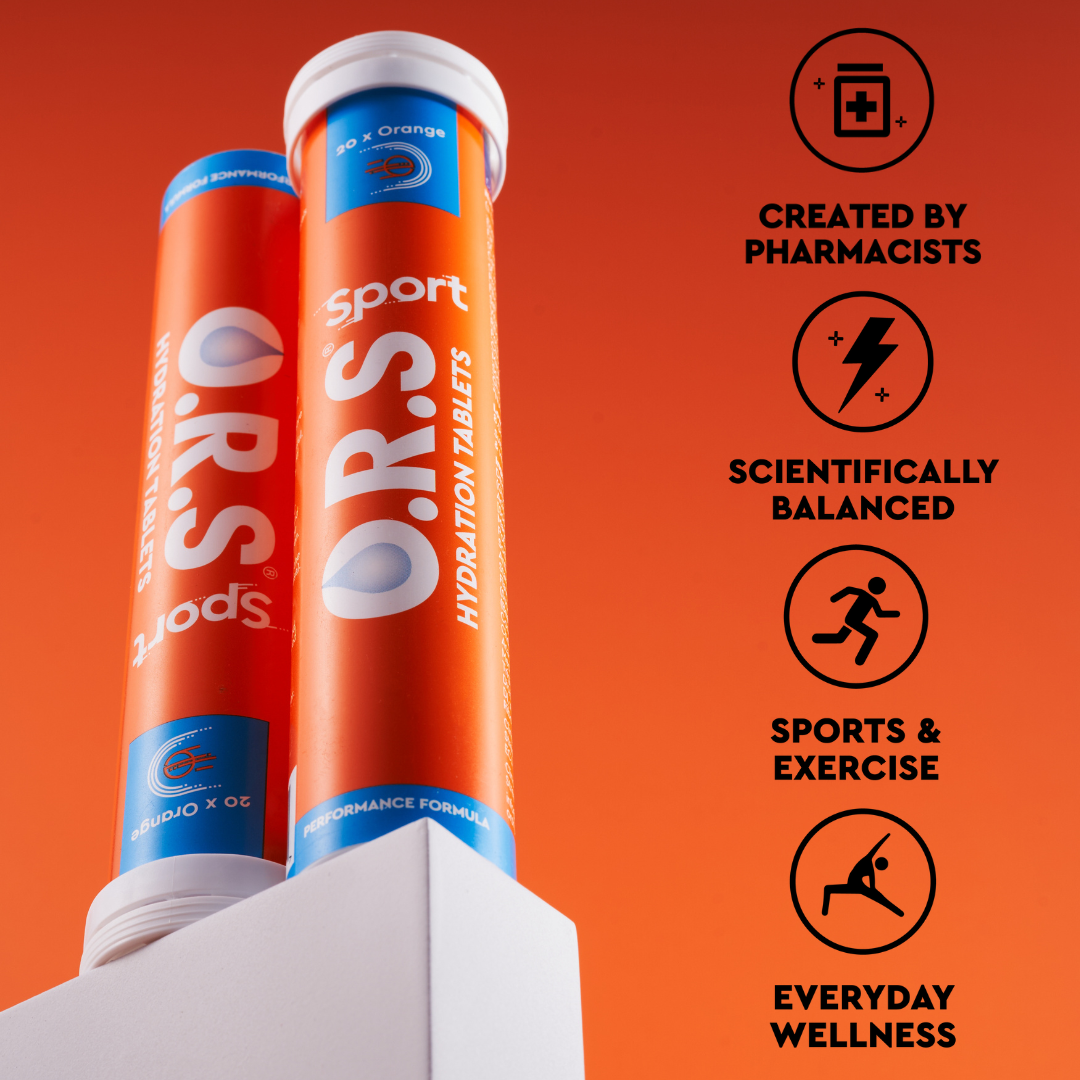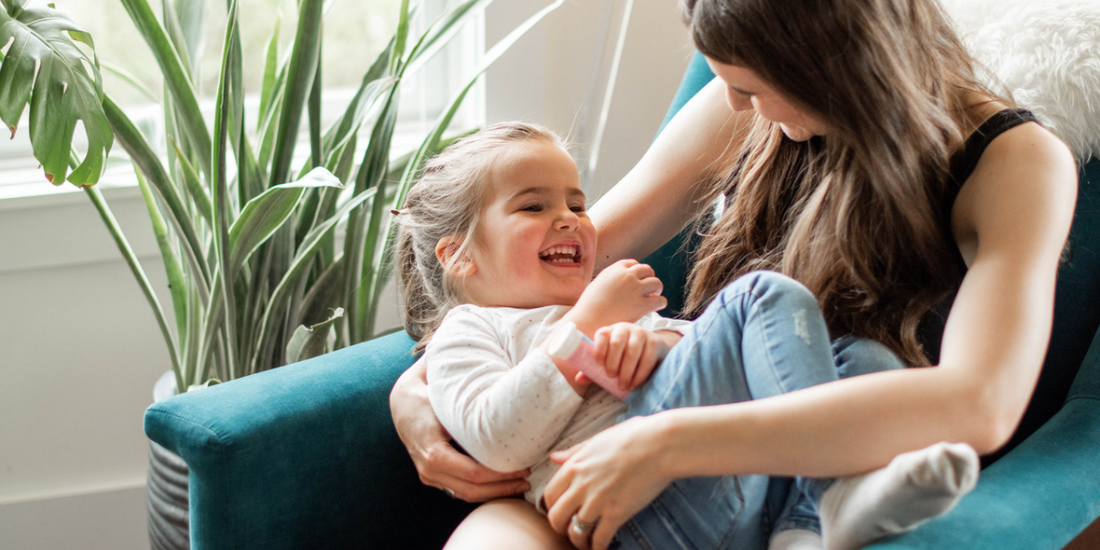
Is Your Child Getting Enough To Drink? Here’s All You Need To Know About Hydration
Share
Feel like your child isn’t telling you that they are thirsty or a little hot? This is because children have immature thirst mechanisms, and often don’t recognise when they are thirsty. Young children’s heat awareness is also underdeveloped so they are unable to recognise when they may be overheating.
Because of their small size, young children are also more vulnerable to water loss through their skin. Hydration plays an essential role in children’s bodies, and this includes growing babies and toddlers too, often more so than adults
Hydration is often an afterthought for kids, with so many stimuli throughout their day, no doubt playing with friends or trying out their new toy seems a more exciting activity than remembering to drink water.
It’s clear that hydration is crucial for kids, so we spoke to practising paediatrician Dr Tom Maggs to answer all of your hydration questions, here’s what Dr Tom Maggs recommends.
How Do I Know How Much Water My Child Should Be Drinking?
How much a child should drink depends on a number of factors, including age, gender and the weather, but a good estimate is that your child should have 6-8 cups a day. For smaller children that cup should be 120-150ml, and older children the cup should be 250-300ml. The European Food Safety Authority (EFSA) recommends 1.1-1.3 litres per day for 4–8-year-olds, 1.3-1.5 litres per day for 9–13-year-old girls and 1.5-1.7 litres per day 9–13-year-old boys.
Why Is Hydration So Crucial For Young Kids?
Managing hydration for younger children is so crucial as they have less control over when they drink. Older children can tell you they are thirsty or get a drink themselves, but younger ones rely on the adults looking after them to support how much they are drinking by making it available to them.
Drinking is also key for children as it is vital to keep their brains adequately hydrated. Dehydration can cause difficulties in concentration and focus that can affect learning.
What Are Some Tell-tale Signs That I Might Be Missing - That My Child Isn’t Getting Enough Water?
The easiest to follow in younger children is how often they are passing urine, if this is less than normal for them then they need more water. More signs that you might not associate with dehydration are tiredness, irritability and lack of focus.
It’s clear that hydration plays a vital part in children’s everyday bodily functions especially if you want to give your children the best chance at a healthy living and to perform their best at school or nursery.
Starting children off with a positive attitude towards hydration can help them take the lesson with them as they grow older.
Top Tips To Hydrated Children?
1) Make it fun! Bring in toys, games and heaps of encouragement. Try getting your little ones to offer water to their favourite or for older kids let them pick out their own water bottles.
2) Always offer water with meals and snacks. Include water bottles in day bags, school bags- any bag or stroller that is going to be with the child throughout the day. Try and offer it on as many occasions as you can, specifically after there has been a lot of activity.
3) Sometimes children refuse to drink water, maybe because they simply don’t like how plain it tastes. O.R.S Kids hydration tablets are packed full of electrolytes and are free of artificial colours. They are specifically formulated for kids 2+ years and provide a great tasting alternative to high-sugar squash or juice.
